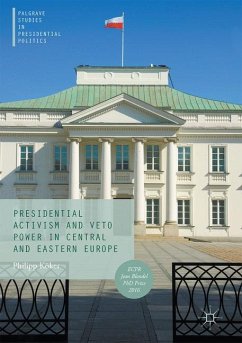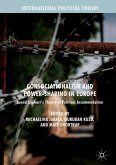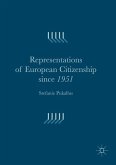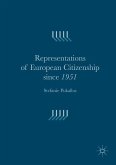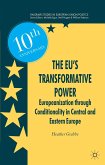This book examines the use of presidential powers in Central and East Europe between 1990 and 2010. Focussing on presidential vetoes and the formation of governments, it maps patterns of presidential activism and its determinants across nine democracies. Thereby, it combines the analysis of original quantitative data on the use of presidential powers with in-depth case studies in an innovative mixed-methods framework. Based on regression analyses and unique insights from numerous elite interviews, the study shows strong support for the hitherto insufficiently tested assumption that popularly elected presidents are more active than their indirectly elected counterparts. As one of the first comprehensive comparative studies of presidential activism and veto power in Europe, this book will be a key resource not only for area specialists but also for scholars of presidential studies, comparative government, and executives.
Bitte wählen Sie Ihr Anliegen aus.
Rechnungen
Retourenschein anfordern
Bestellstatus
Storno

